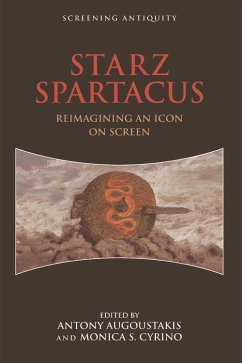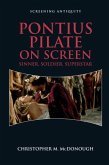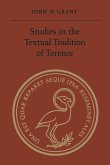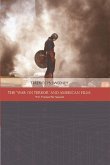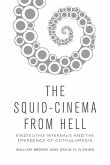'In 1960 Kirk Douglas' Spartacus was directed toward the liberal values of its middle class audience. The contributors to this volume ably show in their analyses how half a century later both producers and viewers of STARZ Spartacus have become significantly more disparate in their aspirations, whether political or sexual.' Arthur J. Pomeroy, Victoria University of Wellington Gladiator, rebel slave leader, revolutionary: the figure of Spartacus often serves as an icon of resistance against oppression in modern political movements, while his legend has inspired numerous receptions over the centuries in many different popular media. This new essay collection brings together a wide range of scholarly perspectives on the four seasons of the acclaimed and highly successful premium cable television series STARZ Spartacus (2010-13), with contributions from experts in the fields of Classics, History, Gender, Film and Media Studies, and Classical Reception. STARZ Spartacus uncovers a fascinating range of topics and themes within the series such as slavery, society, politics, spectacle, material culture, sexuality, aesthetics and fan reception. As the first volume of essays published on the entirety of the STARZ Spartacus series, this book is a valuable resource for both students and scholars eager to confront a new Spartacus, as the hero of the slave revolt is recast for a twenty-first-century audience. Antony Augoustakis is Professor of Classics at the University of Illinois, Urbana-Champaign and Monica S. Cyrino is Professor of Classics at the University of New Mexico. Cover image: Donald MacKenzie Cover design: [EUP logo] edinburghuniversitypress.com ISBN 978-1-4744-0784-7 Barcode
Hinweis: Dieser Artikel kann nur an eine deutsche Lieferadresse ausgeliefert werden.
Hinweis: Dieser Artikel kann nur an eine deutsche Lieferadresse ausgeliefert werden.

